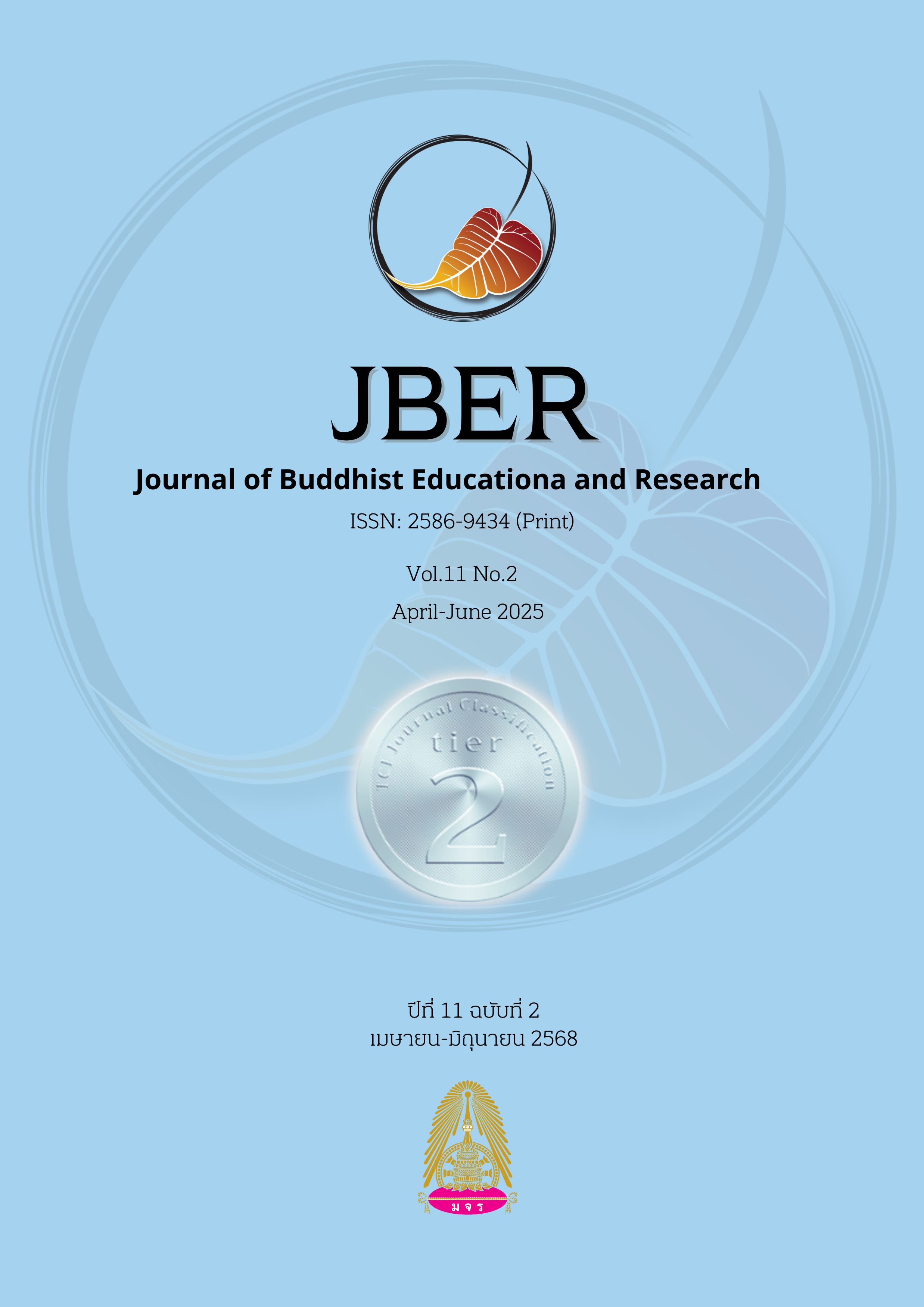Integrating Experiential Marketing Concepts into Business Education: A Case Study in the Jewelry Industry
Keywords:
Jewelry Industry, Experiential Marketing, Sensory Experience, Emotional Experience, Consumer Purchasing BehaviorAbstract
With the acceleration of global economic integration, the jewelry industry, as an important component of the high-end consumer goods market, is facing increasingly fierce market competition. Traditional marketing methods are no longer able to meet the increasingly diverse needs of consumers, and experiential marketing, as an emerging marketing concept, is gradually receiving widespread attention from jewelry companies. This article is based on the stimulus response model and empirically tests the impact path and mechanism of sensory experience and emotional experience on consumer purchasing behavior through regression analysis, and verifies the mediating role of consumption ability. The study used quantitative methods and collected 272 valid sample data. The results indicate that both sensory and emotional experiences have a significant positive impact on purchasing behavior, with emotional experience having a more prominent influence (β=0.482, p<0.001). In addition, consumer power plays an important mediating role in the impact of both factors on purchasing behavior. The study provides strategic recommendations for jewelry brands to strengthen sensory design and deepen emotional marketing, in order to enhance brand influence and consumer purchase intention.
References
Brakus, J. J., Schmitt, B. H., & Zarantonello, L. (2009). Brand experience: what is it? How is it measured? Does it affect loyalty?. Journal of marketing, 73(3), 52-68.
Dong, M. F., & Li, H. (2024). The Differential Impact of Anthropomorphic Communication on Purchase Intention. Journal of Management, 37(02), 122-139.
Engel, J. F., Blackwell, R. D., & Miniard, P. W. (1995). Consumer behavior. Dryden Press.
Hultén, B. (2011). Sensory marketing: the multi-sensory brand-experience concept. European Business Review, 23(3), 256-273.
Keng, C. J., Huang, T. L., & Hsu, M. K. (2011). The effects of experiential marketing on customer satisfaction and loyalty: The case of the museum industry. Journal of Travel & Tourism Marketing, 28(6), 646-658.
Kim, J. H., & Moon, J. Y. (2009). The effects of website design on consumer emotion, attitude, and purchase intention. Journal of Business Research, 62(11), 1167-1173.
Kotler, P., & Keller, K. L. (2016). Marketing management (15th ed.). Pearson Higher Ed.
Krishna, A. (2012). An integrative review of sensory marketing: Engaging the senses to affect perception, judgment and behavior. Journal of Consumer Psychology, 22(3), 332-351.
Li, D. J., Wu, X. B., & Wang, H. Z. (2015). Research on the Impact of Online Reviews on Consumer Experience and Purchase Decisions. Journal of Management, 12(6), 891-900.
Li, D., & Fu, Y. (2024). Verification of the Impact Effect of Luxury Experiential Marketing on Consumer Purchase Behavior. Business Economic Research, (08), 73-76.
Luan, X., Wang, Z. X., & Cui, H. W. (2019). The Impact of Brand Experience on Customer Fit for Jewelry Brands. Modern Business, (21), 22-24.
Nysveen, H., Pedersen, P. E., & Skard, S. (2013). Brand experiences in service organizations: Exploring the individual effects of brand experience dimensions. Journal of Brand Management, 20(5), 404-423.
Pine, B. J., & Gilmore, J. H. (1999). The experience economy: work is theatre & every business a stage. Harvard Business Press.
Schmitt, B. H. (1999). Experiential marketing: How to get customers to sense, feel, think, act, and relate to your company and brands. Simon and Schuster, 14(1): 275-277.
Wang, H. Z., Chen, J., & Zhang, M. X. (2017). Research on the Mechanism of Brand Experience's Impact on Brand Loyalty. Journal of Management, 14(3), 421-430.
Wu, X. B., Li, D. J., & Wang, H. Z. (2013). Research on the Impact of Luxury Experiential Marketing on Consumer Purchase Intention. Journal of Management, 10(4), 567-576.
Downloads
Published
How to Cite
Issue
Section
License
Copyright (c) 2025 Journal of Buddhist Education and Research (JBER)

This work is licensed under a Creative Commons Attribution-NonCommercial-NoDerivatives 4.0 International License.





